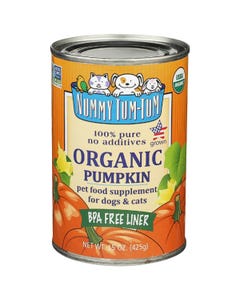Cat Health Care & Supplements FAQs
What types of health supplements are available for cats?
There are various types of health supplements for cats, including joint, digestive, immune system, skin and coat, and general wellness supplements. These supplements can come in the form of chews, treats, powders, or liquids.
Are there natural remedies for common cat health problems?
There are various natural remedies for common cat health problems, such as using apple cider vinegar for ear infections, coconut oil for hairballs, and pumpkin for digestive issues.
How can I keep my cat's teeth clean and healthy?
Regular dental care is important to keep your cat's teeth clean and healthy. This includes brushing your cat's teeth regularly, providing dental treats and toys, and scheduling regular dental cleanings with your veterinarian. Feeding your cat a high-quality diet can also contribute to good dental health.
How do I know if my cat needs supplements?
Supplements may be necessary if your cat has certain health conditions or if they are not getting all the necessary nutrients from their diet. It's always best to consult with your veterinarian before starting your cat on any supplements.
What types of supplements are available for cats?
Various supplements are available for cats, including those for joint health, digestive health, skin and coat health, and immune system support. Common supplements for cats include omega-3 fatty acids, probiotics, glucosamine and chondroitin. Again, it's important to consult with your veterinarian before starting your cat on any supplements.
Can I give my cat human vitamins as supplements?
It is not recommended to give your cat human vitamins as supplements. Cats have specific nutrient requirements that differ from humans, and excessive amounts of certain vitamins can be harmful to cats. It's best to consult with a veterinarian before giving your cat any supplements to ensure they get the proper nutrients and dosage.










